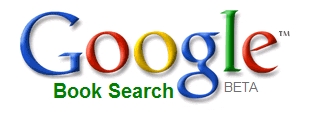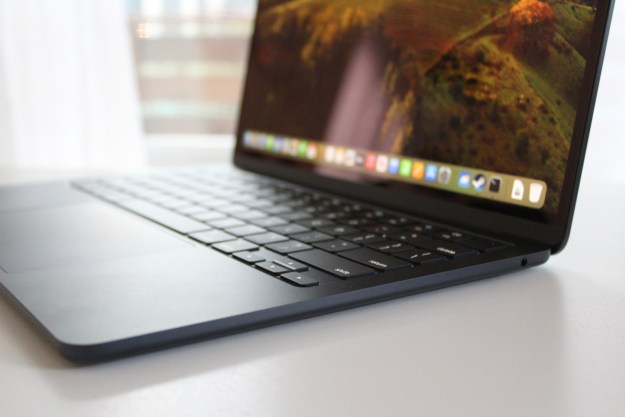 Internet search leader Google will ease its control over millions of copyright-protected books earmarked for its digital library if a court approves a revised lawsuit settlement that addresses objections of antitrust regulators.
Internet search leader Google will ease its control over millions of copyright-protected books earmarked for its digital library if a court approves a revised lawsuit settlement that addresses objections of antitrust regulators.
The offer comes two months after the U.S. Justice Department balked at Google’s original agreement with authors and publishers, warning the arrangement could do more harm than good in the emerging market for electronic books.
Google Inc. is hoping to keep the deal alive with a series of new provisions. Among other things, the modified agreement provides more flexibility to offer discounts on electronic books and promises to make it easier for others to resell access to a digital index of books covered in the settlement.
Copyright holders also would have to give more explicit permission to sell digital book copies if another version is being sold anywhere else in the world.
The concessions filed late Friday in New York federal court are just the latest twist in a class-action lawsuit filed against Google four years ago by groups representing the interests of U.S. authors and publishers. The suit alleged Google’s ambition to make digital copies of all the books in the world trampled their intellectual rights.
Google negotiated a $125 million truce nearly 13 months ago only to be attacked by a brigade of critics who protested to U.S. District Judge Denny Chin, who must approve the agreement before it takes effect. The financial terms of the settlement remain intact, including a promise to give 63 percent of all sales proceeds to participating authors and publishers.
Among other complaints, the opposition said the plan would put Google in charge of a literary cartel that could illegally rig the prices of electronic books — a format that is expected to become increasingly popular.
In echoing some of those concerns, the Justice Department advised Chin that the original settlement probably would break laws set up to preserve competition and protect copyright holders, even if they can’t be located.
The concessions didn’t go far enough to satisfy one of the most strident opponents, Open Book Alliance, a group that includes Google rivals Microsoft Corp., Yahoo Inc. and Amazon.com Inc.
“Our initial review of the new proposal tells us that Google and its partners are performing a sleight of hand,” said Peter Brantley, the Open Book Alliance’s co-chairman. “Fundamentally, this settlement remains a set-piece designed to serve the private commercial interests of Google and its partners.”
In a Friday conference call, representatives for Google, the authors and publishers expressed confidence the revisions would gain court approval, although they conceded they didn’t respond to all misgivings raised by the Justice Department.
Under the timeline laid out in the revised settlement, the Justice Department would have until Feb. 4 to file its opinion about the changes. The revised settlement suggests that a final hearing be scheduled for Feb. 18.
French and German officials also protested the settlement, arguing that it’s so broad that it could infringe on copyrights in their countries.
The revised settlement would apply only to books registered with the U.S. copyright office or published in Canada, the United Kingdom or Australia.
Much of the concern about the settlement has focused on whether it would give Google a monopoly on so-called “orphan works” — out-of-print books that are still protected by copyright but whose writers’ whereabouts are unknown.
If the writers or their heirs don’t stake a claim to their works, the original settlement calls for any money made from the sales of their books to go into a pool that eventually would be shared among the authors and publishers who had stepped forward to work with Google.
The revised settlement will designate an independent party to oversee the financial interests of the orphan books’ copyright owners. Proceeds from the sales to orphan books also would be held for 10 years, up from five years in the original agreement. After that, the money would be given to charities.
The revised settlement suggests that a final hearing be scheduled for Feb. 18.
Editors' Recommendations
- These 6 tweaks take MacBooks from great to nearly perfect
- You can still buy the M1 MacBook Air, and it’s cheaper than ever
- How to delete Google Chrome on Windows and Mac
- MacBook Pro 16 vs. MacBook Pro 14: The important differences
- The best MacBook to buy in 2024


